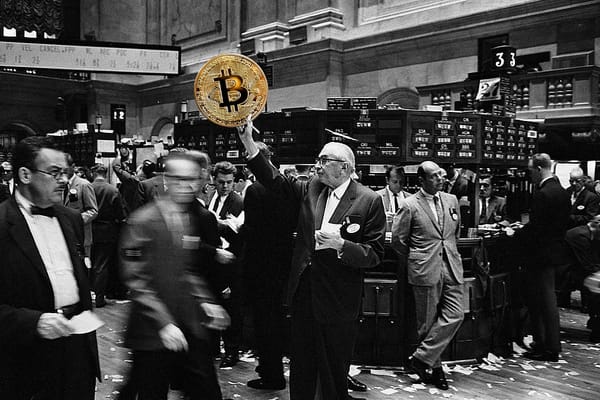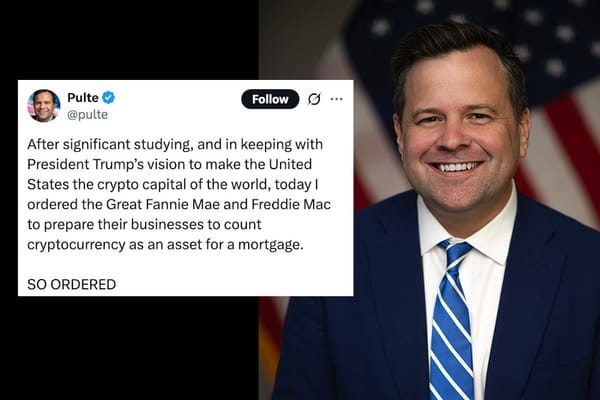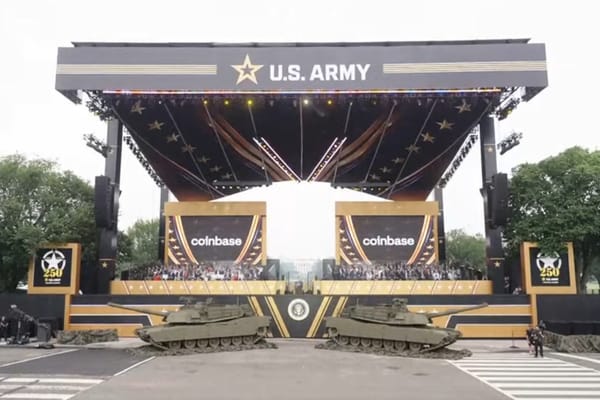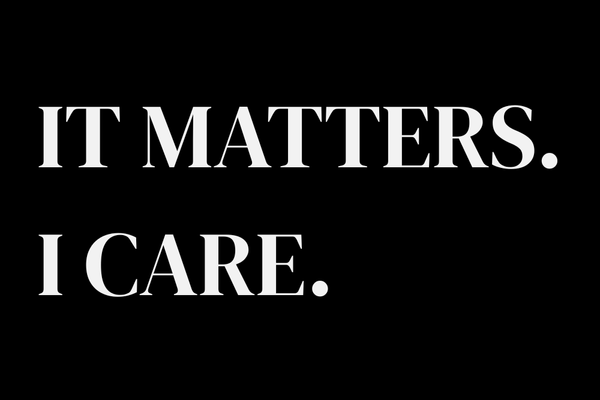The FTX trial, day twelve: What's up with Sam Bankman-Fried's defense?
Is the defense team doing as poorly as it looks, or do they have a trick up their sleeves?
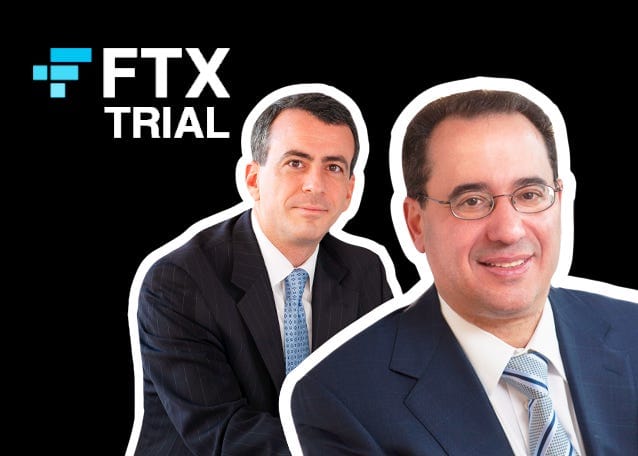
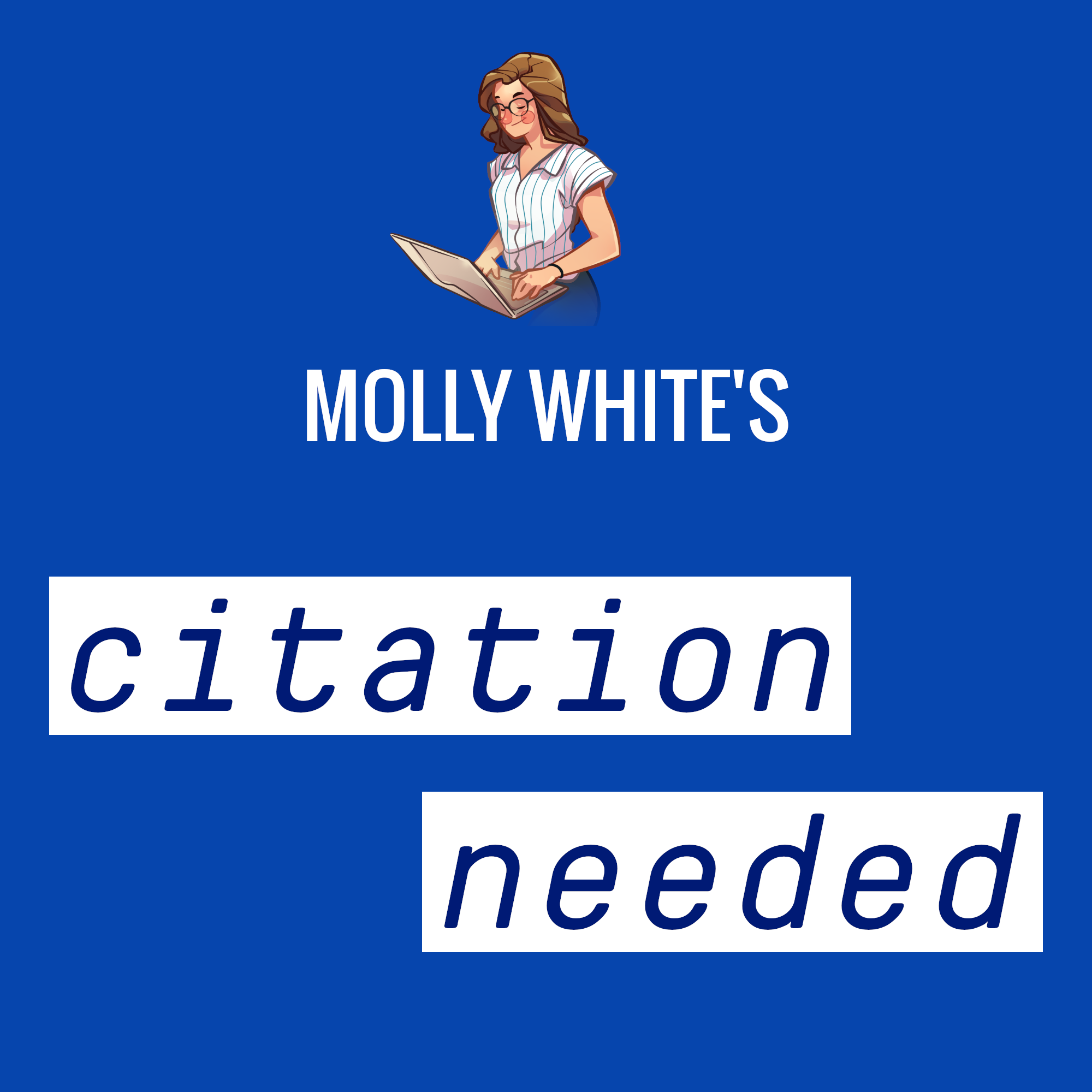
If the defense is going to make a case that Sam Bankman-Fried was acting on advice of counsel, as they've alluded to in the past (though perhaps not seriously pursued), it's certainly not going to be built off the back of Can Sun's testimony.
The former FTX attorney testified Thursday that he, like so many others, had been bamboozled by Sam Bankman-Fried about the misappropriation of FTX customer funds. He had repeatedly talked about the care FTX took in safeguarding customer funds, something he said he genuinely believed to be true based on the conversations he'd had with Sam Bankman-Fried. He claimed he only learned about the billions of missing funds on November 7, as the company hurtled towards bankruptcy. He resigned the following day.
Sun also spoke about how Bankman-Fried invited him on a walk shortly before a call with possible rescue investors, where Bankman-Fried asked him to come up with possible theoretical explanations for how FTX could have lost so much customer money that would still be within the bounds of the law. Sun suggested a few, though he said didn't think any of them were supported by the facts. He would later hear Bankman-Fried regurgitate one of those theories, which related to customer-approved borrowing and lending, on Good Morning America.
(This clip was played for jurors.)
The defense's past claims that Bankman-Fried's company-wide message deletion policy was blessed by its lawyers also earned no support from Sun, who said he couldn't recall any data retention documentation at all.
Today's witnesses — Sun, and an investor named Bob Boroujerdi — were brief and offered no real bombshells, so instead I will be turning to a question I can't get out of my head: what the hell is going on with Sam Bankman-Fried's defense?
The defense's cross-examination on Thursday was similarly haphazard as in past days.
To be fair, we're still the phase of the trial where the prosecution is putting on their case, and so they have the home court advantage. They're the ones choosing the witnesses, many of whom they've met with dozens of times over the months since the FTX collapse. They set the order of testimony, and they lead the questioning, so it's easier for them to formulate a strong narrative as they incorporate both personal testimony as to what happened and corroborating documentary evidence. They've done a good job: their story that Sam Bankman-Fried knowingly spearheaded a massive fraud, with the help of his several co-conspirators, has been quite convincing. They've even added color around the margins, painting him as an incompetent boss, a bully, and even an abusive boyfriend whose lopsided romance with Caroline Ellison allowed him to manipulate her into playing a major role in the fraud.
The defense's opportunities during cross-examination to introduce doubt into the prosecution's story or the credibility of their witnesses, or suggest alternate explanations for what really happened, have seemed few and far between. What opportunities do exist often seem to be squandered, as one of the defense team's eight attorneys — typically Mark Cohen or Christian Everdell — will regularly pick up a line of questioning only to seem to drop it right as they begin to approach some possible conclusion. One major argument they teased in their open statement — that Ellison was responsible for the companies' downfall, not Bankman-Fried — sputtered out when it came time for them to cross-examine her, and they landed no major blows to her credibility. Repetitive questions have only echoed the direct questioning by the prosecution, adding little new information for juries to incorporate and giving the impression that the defense team is just running out the clock. This behavior more often than not has led to stern rebukes by the judge — both within and out of earshot of the jury, who are likely looking to the judge for a sort of vibe check on how each team is doing.
I keep waiting for another shoe to drop, for the defense to pursue a line of argument that makes everything suddenly crystallize, weaving together the scattered threads of questioning they've left strewn on the courtroom floor.
Maybe it will come next week, as the defense team brings their case — if they choose to do so. The burden of proof rests with the prosecutors, and there is no obligation for the defense team to prove the innocence of the defendant, so they could choose not to mount a case. That seems pretty unlikely here, though, and would be tantamount to admitting defeat in the face of such a strong case by the government.
What's the defense's case?
But assuming they do bring a case, what will it even be? They've hinted at numerous possible arguments: that the blame rests solely with Bankman-Fried's co-conspirators, or this was all one big mistake, or the company was "building the plane in midair", or his lawyers told him it was okay, or FTX was operating outside of the US and so all these pesky laws don't apply, or his company's terms of service allowed him to do whatever he wanted with customer money. The list goes on and on. But none of these arguments has emerged as a frontrunner, and all seem to have been foreseen and preemptively rebutted by the prosecution.
Perhaps they're hoping that this scattershot approach will still be enough to sow sufficient doubt to convince at least one of twelve jurors that the government hasn't made its case beyond a reasonable doubt.
Why does the defense seem to be so weak?
As I wrack my brain to understand why the defense is playing out this way, a few possibilities come to mind.
One possibility is that the defense team just… isn't very good. The team, which comes from the relatively distinguished Cohen & Gressler law firm, has a pretty good reputation, but could it be unearned? After all, they didn't achieve an acquittal in their most well-known case, either: Ghislaine Maxwell was sentenced to twenty years. Then again, they faced a near impossible task defending a client with such provably close ties to Jeffrey Epstein, and perhaps getting her a 20-year sentence out of a possible 35 years was the best possible outcome.
Another possibility — significantly more likely than the first, in my view — is that this case is similarly unwinnable. The defense's difficulty in conjuring a plausible alternative explanation for how these companies collapsed in which Bankman-Fried emerges innocent could simply be because no such explanation exists. Defense attorneys aren't miracle workers, and try as they might, they can't always prevent smoking guns from being introduced into evidence (such as Ellison's contemporaneous admissions implicating Bankman-Fried at a surreptitiously-recorded company meeting).
One additional factor that may be complicating things is the specific defendant they're tasked with trying to exonerate. Bankman-Fried's past relationships with lawyers have been troubled, to say the least, with one team throwing in the towel less than two weeks after the company filed for bankruptcy because of his "incessant and disruptive tweeting".1 In an interview with Tiffany Fong, who asked what his then-lawyers thought about his public statements, he responded: "I told them to go fuck themselves. I don't think they know what they're talking about. I mean, whatever, they know what they're talking about in the extremely narrow domain of litigation, they don't understand the broader context of the world."
As someone who's watched Bankman-Fried rather intently over the last year or so, he's always come across to me as someone who is so confident in his own intelligence and abilities that he believes he can outwit anyone. This could potentially include his own lawyers. If his defense team doesn't have the full story from him, or if he's not being helpful in providing information to formulate his defense, he could be sabotaging his very own strategy. Some obstinance on his part seemed to come through in August when, despite pleas from his defense team to the judge for more access to their client, Bankman-Fried refused to meet with his own lawyers because the jailhouse Internet was slow and the provided laptop battery was weak.
Will Bankman-Fried testify?
It seems to me that Bankman-Fried's best chance at this point is to keep his mouth shut and hope that the jury — or at least one single juror — hasn't found the government's case to be convincing.
Putting the sometimes abrasive Bankman-Fried on the witness stand seems like a surefire way to turn the jury against him, and he will face tough questions from the prosecution for which he may not be prepared. His usual approaches of trying to dodge questions he doesn't want to answer, or dance around them in long-winded but insubstantial responses, aren't likely to hold up well in front of experienced cross-examination under oath, with a prosecution team equipped with an arsenal of evidence to rebut any falsehoods.
Even if he seems destined for conviction one way or another, he still has much left to lose if he takes the stand: he could still convince the jury to convict him on more charges than they otherwise might have, or cause the judge to impose a longer sentence, or cut off possible avenues for appeal.
Your average person would probably take their defense counsel's advice and clam up. Sam Bankman-Fried is not your average person. The man who seems endlessly confident in his own abilities to talk his way out of trouble, who has spoken of his willingness to take huge risks in the hopes of even a small chance at an outsized reward, is exactly the type of person who might avail himself of the judge's offer: if he wants to testify, even if his lawyers have advised him not to, all he has to do is stand up.
Thursday was the last day of court this week, and the trial won't resume until next Thursday, the 26th. Although the prosecution has suggested a long list of witnesses they might call in previous days and weeks, it seems they've only got three witnesses left in the running to appear during the single day remaining in their case next week: an FBI agent, an investor, and a customer. This means that Ramnik Arora and Delaney Ornelas, two FTX employees who were listed as possible witnesses, are no longer slated to testify in the government's case.
Current estimates put the case a bit ahead of schedule, with the defense predicted to wrap up on November 3.
Social image created with images from Cohen & Gresser.
References
"Paul Weiss Drops Ex-FTX CEO Bankman-Fried on Conflicts", Bloomberg Law. ↩

